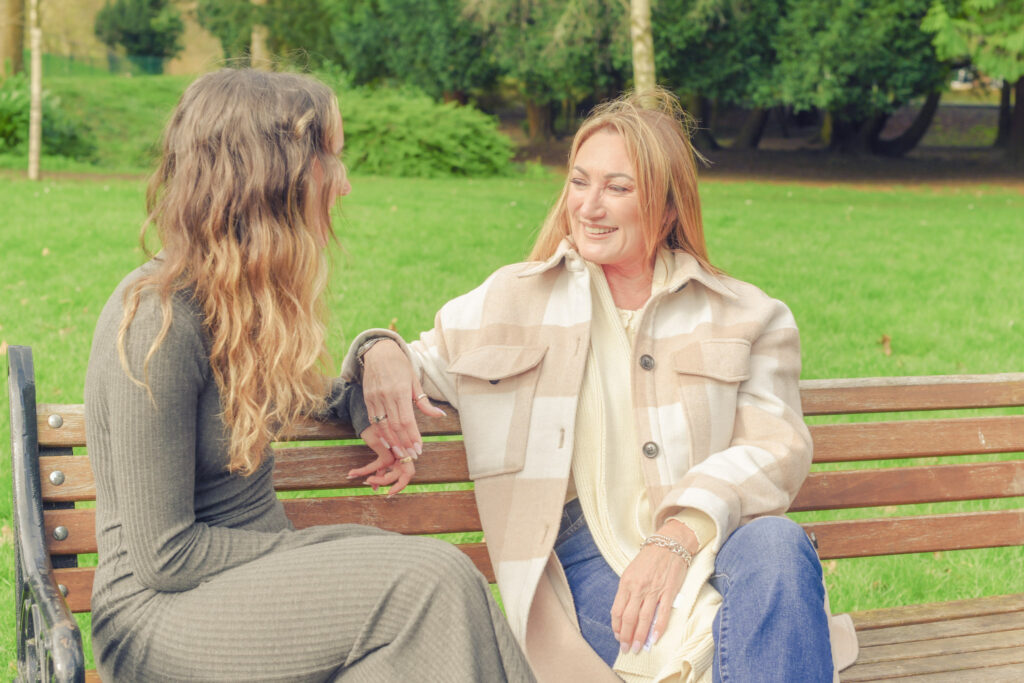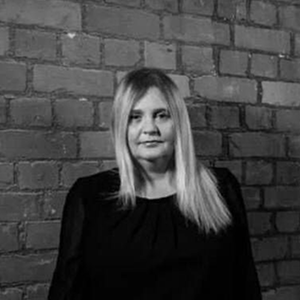Would you trust your 18-year-old son or daughter with access to thousands of pounds?
That is the question you must ask yourself before saving for your children’s future.
As parents, we often think ahead to the big milestones in our children’s lives. Our children grow and mature into adults themselves, and during this time there are a number of big (and expensive!) key moments for them, that we try to support. Whether it is learning to drive, going to university, buying their first house or even getting married – many parents want to ensure that they have money in place to allow them to help their children achieve their dreams as they make their own way in the world.
Parents (and grandparents) can benefit from starting to save for children when they are still young, as this gives time for their savings to build up over the years. If the money is invested wisely, then investment returns can also help to boost the amount being saved.
When children are young it is impossible to know how savvy and sensible they will be with money when they grow up. But how many 18 year olds are likely to make the best choices with a large amount of money, and not splurge it without due consideration?
As an independent financial adviser, I speak to many parents about saving for their children’s futures and most do not know about all of the options available to them. Many have already started saving, either in a children’s bank account or many have considered a Junior ISA (JISA) as the way to go – but did you know that with a Junior ISA, your children will receive access to those funds as soon as they reach 18 and there is no caveat for what they spend that money on?
A maximum of £9,000 can be saved into a JISA each year. This can add up to a considerable amount of money over the years that your child will receive. For example, if you have saved the maximum amount each year for over 10 years, that is £90,000 without any growth on these savings. However, there seems to be one common theme that occurs in these conversations – most parents have not considered or may not know the age at which their child will receive the money.
What happens is that when your child turns 18, they have access to this money and can withdraw the funds.
The same thing happens with bank accounts opened in their name.
Is this really the age that you want your child to receive those hard-earned savings? Some people think that they can simply hide the paperwork or keep the accounts going until they decide their child can have the money, however, this is not the case. The provider will write to your child before their 18th birthday, and you cannot stop your child receiving this money at 18.
My view is that 18 is now such a young age to receive what could potentially be a large amount of money. When I speak to clients about this, we discuss the ownership of the money and when they would like their child to receive it.
Before choosing how to save for your children, you should consider:
- Do you wish to have flexibility on how and when your child receives this money?
- Do you want the ability to be able to take money from the account to pay for a large purchases for your child, for example, a school skiing trip?
You cannot do either of these with a JISA, as the transfer age is set at 18, and cash cannot be withdrawn before then.
One consideration to resolve all of these potential issues, is to save a pot of money in your own name or even into trust and then gift your child the money as and when needed. As we know, children reach milestones at different times, and may need your support and financial help at varying ages. By saving and investing this way, you have the flexibility to do this as and when they are ready and most in need of your help.
Are you utilising your own ISA allowance?
Have you received a large monetary gift which you could place into trust? You could then be the trustee so you can give the money as and when you see fit.
Tax efficiency is important and by taking advice you can consider all options including the JISA.
I have two grown-up children who both manage their own money in completely different ways so I can see this issue from both a professional and personal viewpoint. Our children are our most important assets, so we need to protect them – and their savings – in the best way possible.
By Christine Tarran, independent financial adviser and owner of Tarran & Co Financial Planning, based in Darlington. Find out more about Tarran & Co’s services at www.tarranandco.co.uk
We’re always looking for contributions towards our blogs here at the Assist Women’s Network, if you are interested in getting involved, get in touch.

